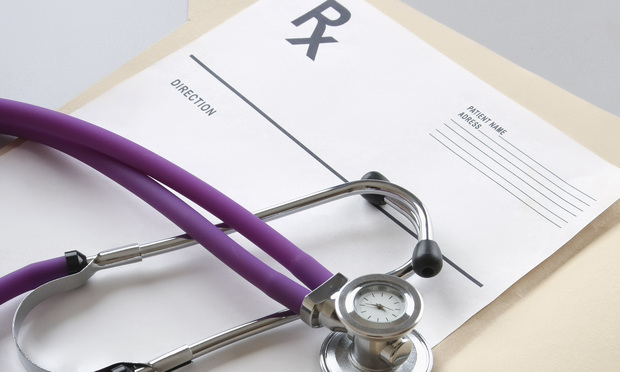The New Jersey Patient Safety Act (PSA) mandates that hospitals report serious preventable adverse events to the New Jersey Department of Health. N.J.S.A. 26:2H-12.25(c). The express legislative intent is to encourage confidential disclosure of preventable adverse events to foster self-critical analysis and improvements in patient care. The act, regulations and relevant Supreme Court decisions in C.A. ex rel. Applegrad v. Bentolila,219 N.J. 449 (2014), provide some guidance as to the discoverability of hospital documents and information created after an adverse event as part of the analysis required by the PSA. However, questions still remain regarding the ramifications, if any, of noncompliance with the mandatory reporting requirements of the act and other issues likely to arise in the context of motions for protective orders and to compel discovery.
The PSA and Subsequent Regulations
In 2004, the New Jersey Legislature passed the Patient Safety Act with the stated purpose of encouraging the disclosure of preventable adverse events that occur at hospitals and other health-care facilities. N.J.S.A. 26:2H-12.24. The legislature declared that the majority of medical errors result from systemic causes, some of which are preventable. To encourage the prevention of systemic errors, the legislature mandated “confidential” reporting of serious and preventable adverse events involving patient care. N.J.S.A. 26:2H-12.24(f). More specifically, the legislature required that hospitals and other health-care facilities disclose and describe serious preventable adverse events to the Department of Health through the submission of reports to the Commissioner of Health. N.J.S.A. 26:2H-12.25(c). The legislature defined a “serious adverse event” as an event that results in death, loss of a body part, disability or other severe injury. The legislature also defined a “near-miss” and a type of less serious adverse event; however, reporting these events is not mandatory. This article focuses on serious preventable adverse events.
This content has been archived. It is available through our partners, LexisNexis® and Bloomberg Law.
To view this content, please continue to their sites.
Not a Lexis Subscriber?
Subscribe Now
Not a Bloomberg Law Subscriber?
Subscribe Now
LexisNexis® and Bloomberg Law are third party online distributors of the broad collection of current and archived versions of ALM's legal news publications. LexisNexis® and Bloomberg Law customers are able to access and use ALM's content, including content from the National Law Journal, The American Lawyer, Legaltech News, The New York Law Journal, and Corporate Counsel, as well as other sources of legal information.
For questions call 1-877-256-2472 or contact us at [email protected]



